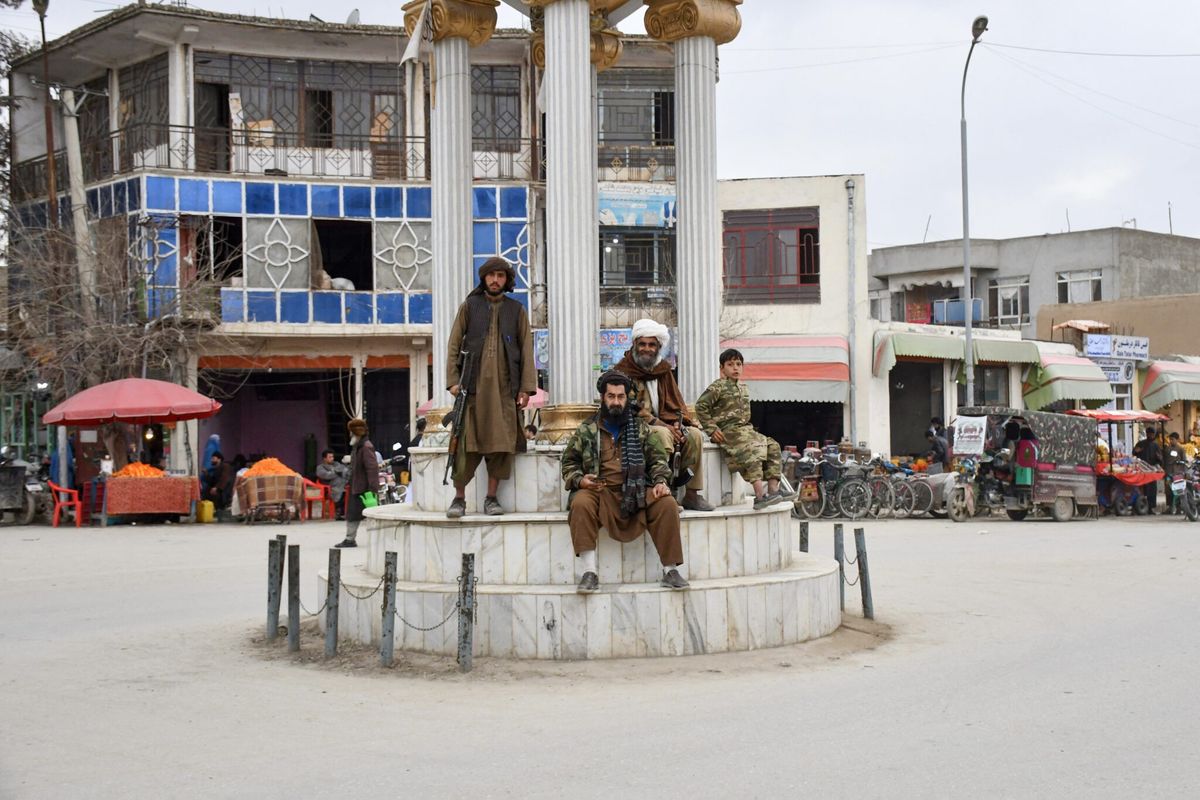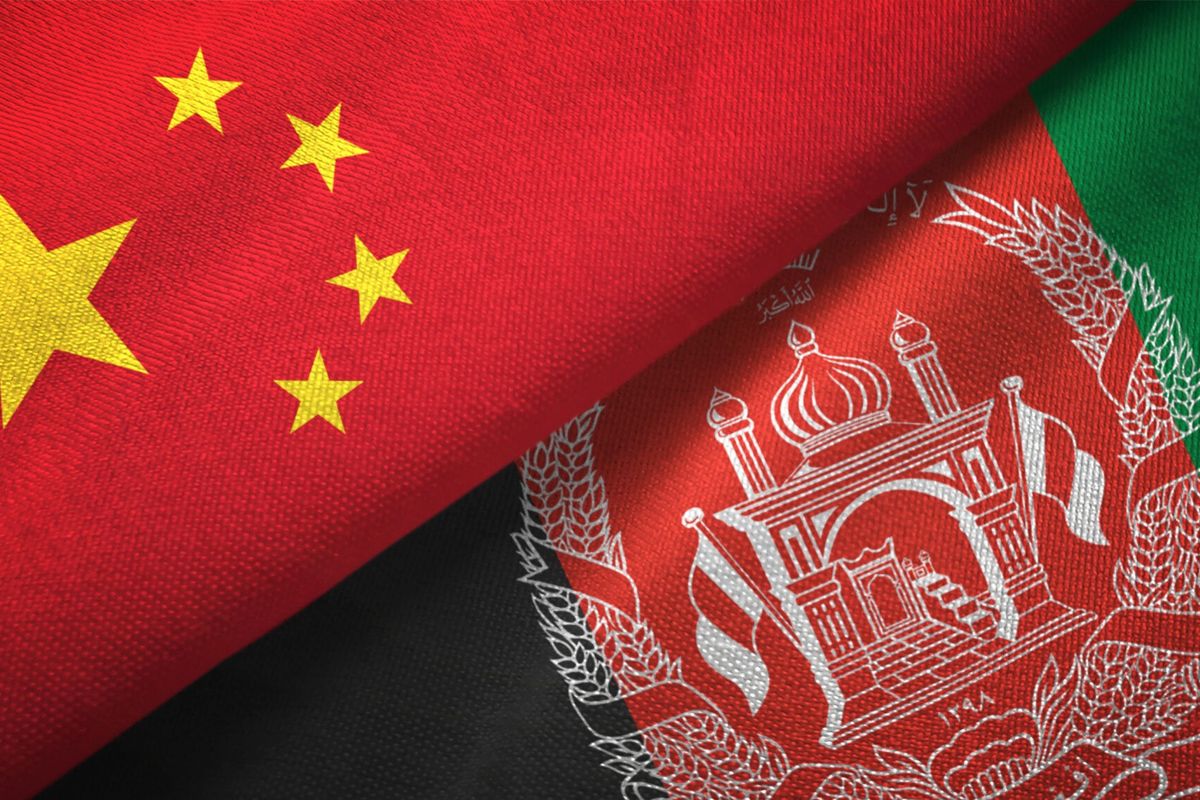The United States is not a member of the International Criminal Court (ICC). Yet Americans could still be indicted by the Court for alleged crimes committed in Afghanistan.
In a report by the ICC’s Office of the Prosecutor released last month, the ICC states it is assessing whether to open a formal investigation into “war crimes of torture and related ill-treatment, by US military forces deployed to Afghanistan and in secret detention facilities operated by the Central Intelligence Agency, principally in the 2003-2004 period, although allegedly continuing in some cases until 2014.”
The U.S. has a rocky history with the ICC. At certain times, the U.S. has drawn closer to the Court. During the Obama Administration, for example, the U.S. established a working relationship with the Court as an observer, sending a delegation led by the U.S. envoy for war crimes, Stephen Rapp, to the ICC’s annual meeting in November 2009. “Our government has now made the decision that Americans will return to engagement with the ICC,” stated Rapp before the meeting.
But the U.S. has never ratified the treaty establishing the Court, the Rome Statute. The top concern for the U.S. has been, “to ensure that our nationals are dealt with by our system of laws and due process,” according to the U.S. Department of State.
Although the U.S. is not a party to the Rome Statute, Afghanistan is, meaning the Court could still have legal jurisdiction. The U.S. has a few options to avoid ICC action.
Catherine Lotrionte, former Counsel to the President’s Foreign Intelligence Advisory Board, tells The Cipher Brief, “Pursuant to Article 17(1)(a) of the Rome Statute, the jurisdiction of the Court is to be complementary to national criminal jurisdictions. […] This means that the U.S. can prevent an ICC prosecution by undertaking a good-faith investigation and prosecution in its own military or civilian courts.” And, indeed, some Americans have already been prosecuted in the United States for crimes in Afghanistan in 2009 and 2012.
Another way out, notes Lotrionte, is through the U.S.-Afghanistan Article 98 agreement. This agreement, signed by both countries in 2002, essentially means “a country agrees not to turn U.S. persons over to the ICC without U.S. consent,” says Lotrionte. In the case of the alleged crimes in Afghanistan, the U.S. would have to agree to an ICC investigation, which it is unlikely to do.
Opponents of the ICC process can also take solace in the fact that the Court itself is under pressure.
In October, Burundi became the first country to withdraw from the ICC, after the court announced plans to investigate political violence stemming from President Pierre Nkurunziza‘s decision to pursue a third term in office.
A few days later, South Africa announced it is withdrawing. An ICC hearing on South Africa had been scheduled for April 2017, after the country failed to comply with an ICC arrest warrant for Sudanese President Omar al-Bashir.
Just days after that, Gambia said it is withdrawing and accused the Court of only prosecuting Africans, while ignoring war crimes committed by Western nations. “The ICC, despite being called the International Criminal Court, is in fact an International Caucasian Court,” commented Gambian Information Minister Sheriff Bojang.
There is concern that other African nations may follow suit. “Kenya and Uganda are said to be seriously considering withdrawing from the ICC,” notes Kirsten Bowman, a former ICC lawyer.
Russia, which like the U.S. never ratified the Rome Statute, has also jumped onboard, criticizing the ICC. In a statement on November 16, the Russian Foreign Ministry asserted that “the Court failed to meet the expectations to become a truly independent, authoritative international tribunal.” This came on the heels of the ICC accusing Russia of war crimes for its annexation of Crimea in 2014.
“The situation within the territory of Crimea and Sevastopol amounts to an international armed conflict between Ukraine and the Russian Federation,” reported the ICC.
Following the Russian withdrawal, Philippines President Rodrigo Duterte declared he might pull out as well. “Why? Only the small ones like us are battered,” he said. An ICC prosecutor in October said the Court may have jurisdiction to prosecute those responsible for alleged extrajudicial killings in the Philippines’ war on drugs.
A common theme connects these withdrawals: As soon as a country is threatened with ICC prosecution, it runs the other way, citing ICC malfunctioning and double standards.
“The African states that are most likely to withdraw are those that have been accused of violating their legal obligations under the Rome Statute to cooperate in arresting criminals like Bashir. Once these states become targets themselves of the ICC for non-cooperation, they are more likely to seek withdrawal,” explains Lotrionte.
But as the Court’s November report shows, running does not mean a state can hide. The U.S., which isn’t even an ICC member, may be the next ICC target.
Kaitlin Lavinder is a reporter at The Cipher Brief. Follow her on Twitter @KaitLavinder.













